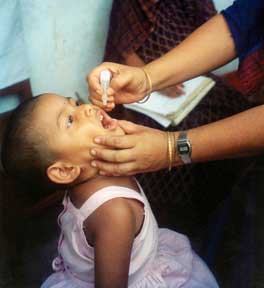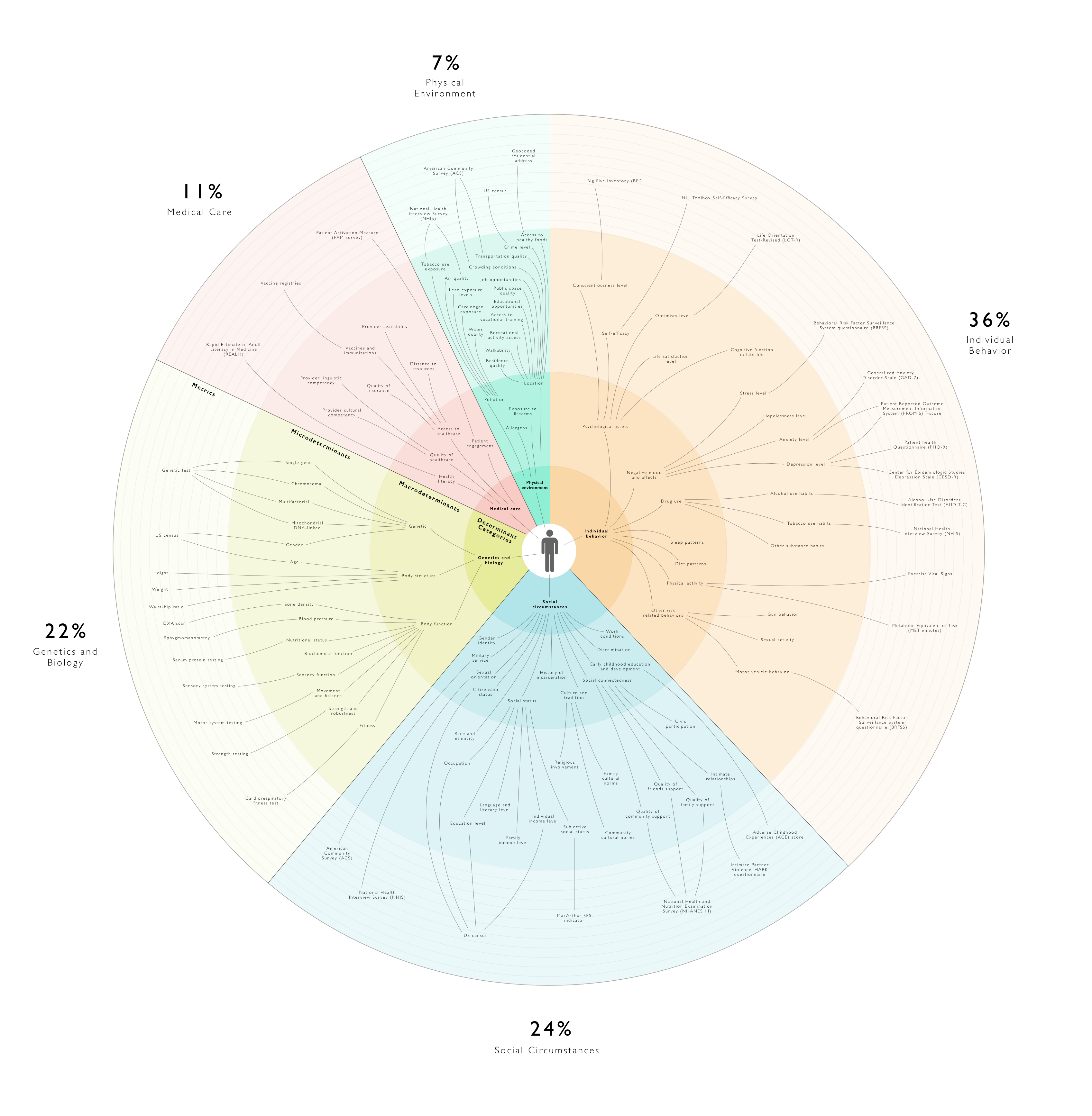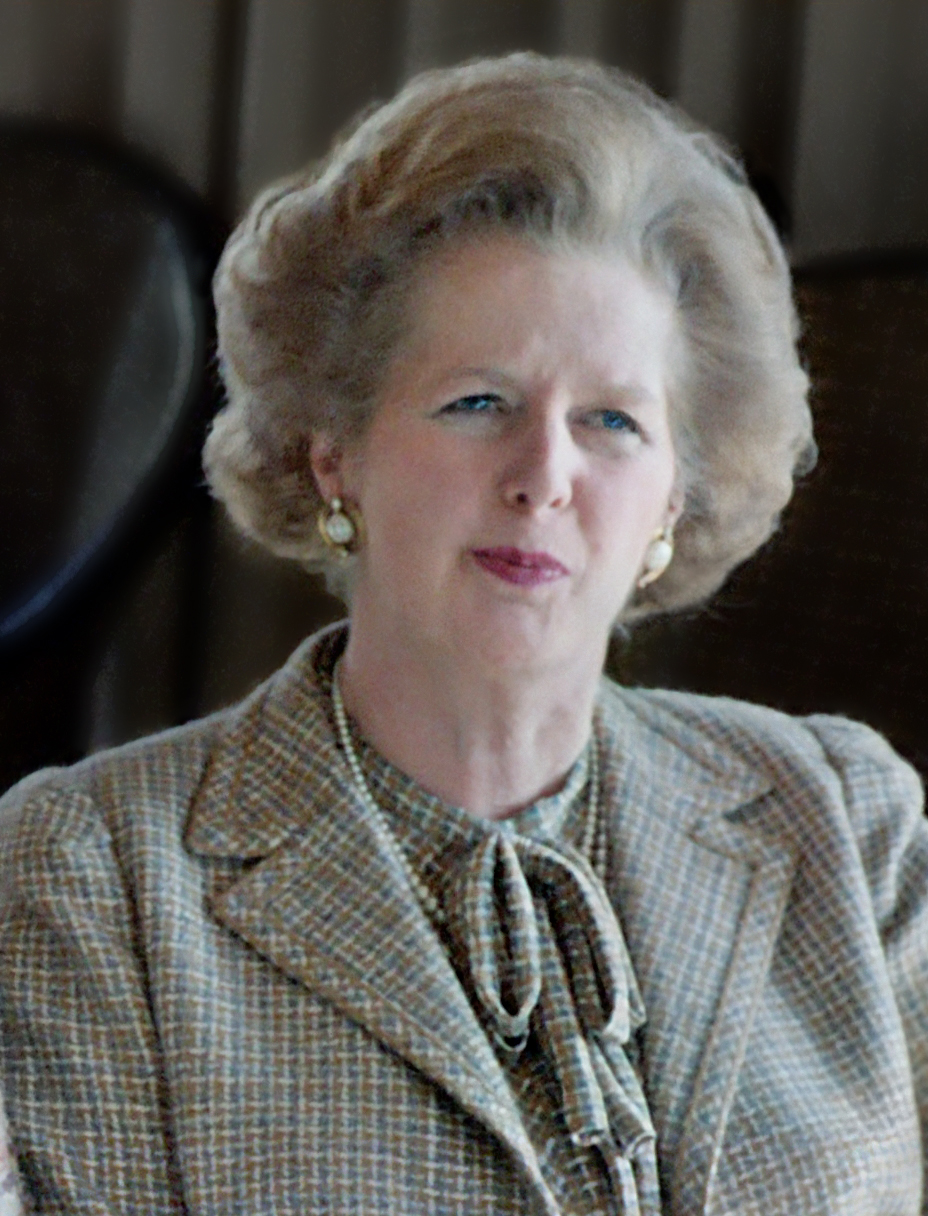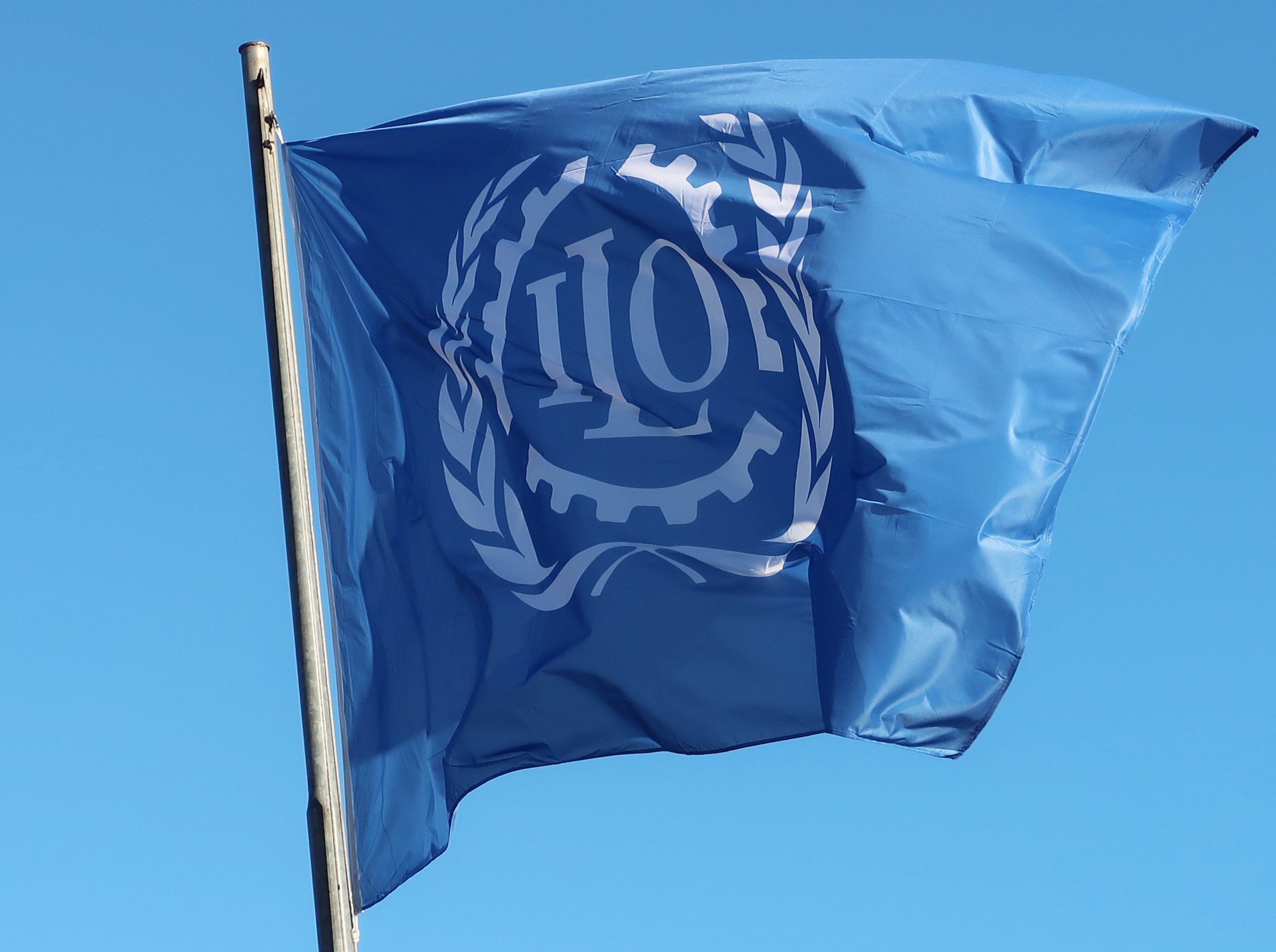|
Rüdiger Krech
Rüdiger Krech (born 9 June 1964) is a German public health expert who currently works as a senior official at the World Health Organization (WHO). An advocate for universal health coverage, social determinants of health, Health in All Policies and social protection, he is the Director of Health Promotion at WHO. Life and career Early career Krech attended Bielefeld University in North Rhine-Westphalia, Germany where he obtained his Master of Public Health (MPH) and Doctor of Public Health (DrPH) degrees. In 1992, he joined the WHO's Regional Office for Europe in Copenhagen, Denmark, where he held various positions in the areas of ageing, health promotion, health policies and health systems. In 2003, he joined the German Technical Cooperation (GTZ) where he worked as the Head of the Social Protection Section and the director of the Social Security Program in India. In 2005, together with colleagues from the WHO and the International Labour Office, Krech formed the WHO-ILO-GTZ Co ... [...More Info...] [...Related Items...] OR: [Wikipedia] [Google] [Baidu] |
Bielefeld University
Bielefeld University () is a public university in Bielefeld, Germany. Founded in 1969, it is one of the country's newer universities, and considers itself a "reform" university, following a different style of organization and teaching than the established universities. In particular, the university aims to "re-establish the unity between research and teaching", and so all its faculty teach courses in their area of research. The university also stresses a focus on interdisciplinary research, helped by the architecture, which encloses all faculties in one great structure. It is among the first of the German universities to switch some faculties (e.g. biology) to Bachelor's degree, bachelor's/master's degrees as part of the Bologna process. Bielefeld University has started an extensive multi-phase modernisation project, which is to be completed by 2025. A total investment of more than 1 billion euros has been planned for this undertaking. Campus The university is located in th ... [...More Info...] [...Related Items...] OR: [Wikipedia] [Google] [Baidu] |
Health Systems
A health system, health care system or healthcare system is an organization of people, institutions, and resources that delivers health care services to meet the health needs of target populations. There is a wide variety of health systems around the world, with as many histories and organizational structures as there are countries. Implicitly, countries must design and develop health systems in accordance with their needs and resources, although common elements in virtually all health systems are primary healthcare and public health measures. In certain countries, the orchestration of health system planning is decentralized, with various stakeholders in the market assuming responsibilities. In contrast, in other regions, a collaborative endeavor exists among governmental entities, labor unions, philanthropic organizations, religious institutions, or other organized bodies, aimed at the meticulous provision of healthcare services tailored to the specific needs of their respective ... [...More Info...] [...Related Items...] OR: [Wikipedia] [Google] [Baidu] |
Social Determinants Of Health
The social determinants of health (SDOH) are the economic and social conditions that influence individual and group differences in health status. They are the health promoting factors found in one's living and working conditions (such as the distribution of income, wealth, influence, and power), rather than individual risk factors (such as behavioral risk factors or genetics) that influence the risk or vulnerability for a disease or injury. The distribution of social determinants is often shaped by public policies that reflect prevailing political ideologies of the area. The World Health Organization says that "the social determinants can be more important than health care or lifestyle choices in influencing health." and "This unequal distribution of health-damaging experiences is not in any sense a 'natural' phenomenon but is the result of a toxic combination of poor social policies, unfair economic arrangements here the already well-off and healthy become even richer and the p ... [...More Info...] [...Related Items...] OR: [Wikipedia] [Google] [Baidu] |
Belgium
Belgium, officially the Kingdom of Belgium, is a country in Northwestern Europe. Situated in a coastal lowland region known as the Low Countries, it is bordered by the Netherlands to the north, Germany to the east, Luxembourg to the southeast, France to the south, and the North Sea to the west. Belgium covers an area of and has a population of more than 11.8 million; its population density of ranks List of countries and dependencies by population density, 22nd in the world and Area and population of European countries, sixth in Europe. The capital and Metropolitan areas in Belgium, largest metropolitan region is City of Brussels, Brussels; other major cities are Antwerp, Ghent, Charleroi, Liège, Bruges, Namur, and Leuven. Belgium is a parliamentary system, parliamentary constitutional monarchy with a complex Federation, federal system structured on regional and linguistic grounds. The country is divided into three highly autonomous Communities, regions and language areas o ... [...More Info...] [...Related Items...] OR: [Wikipedia] [Google] [Baidu] |
Bruges
Bruges ( , ; ; ) is the capital and largest city of the province of West Flanders, in the Flemish Region of Belgium. It is in the northwest of the country, and is the sixth most populous city in the country. The area of the whole city amounts to more than 14,099 hectares (140.99 km2; 54.44 sq. miles), including 1,075 hectares off the coast, at Zeebrugge (from , meaning 'Bruges by the Sea'). The historic city center is a prominent World Heritage Site of UNESCO. It is oval and about 430 hectares in size. The city's total population is 117,073 (1 January 2008),Statistics Belgium; ''Population de droit par commune au 1 janvier 2008'' (excel-file) Population of all municipalities in Belgium, as of 1 January 2008. Retrieved on 19 October 2008. of who ... [...More Info...] [...Related Items...] OR: [Wikipedia] [Google] [Baidu] |
College Of Europe
The College of Europe (; ; ) is a post-graduate institute of European studies with three campuses in Bruges, Belgium; Warsaw, Poland; and Tirana, Albania. The College of Europe in Bruges was founded in 1949 as a result of the 1948 Congress of Europe in The Hague by leading historical European figures and founding fathers of the European Union, including Salvador de Madariaga, Winston Churchill, Paul-Henri Spaak and Alcide De Gasperi, to promote "a spirit of solidarity and mutual understanding between all the nations of Western Europe and to provide elite training to individuals who will uphold these values"Le rôle du Collège d'Europe " [The role of the College of Europe], ''Journal de Bruges et de la Province'', 7 October 1950, Vol. 114, No. 78, p. 1 [...More Info...] [...Related Items...] OR: [Wikipedia] [Google] [Baidu] |
United Nations
The United Nations (UN) is the Earth, global intergovernmental organization established by the signing of the Charter of the United Nations, UN Charter on 26 June 1945 with the stated purpose of maintaining international peace and international security, security, to develop friendly Diplomacy, relations among State (polity), states, to promote international cooperation, and to serve as a centre for harmonizing the actions of states in achieving those goals. The United Nations headquarters is located in New York City, with several other offices located in United Nations Office at Geneva, Geneva, United Nations Office at Nairobi, Nairobi, United Nations Office at Vienna, Vienna, and The Hague. The UN comprises six principal organizations: the United Nations General Assembly, General Assembly, the United Nations Security Council, Security Council, the United Nations Economic and Social Council, Economic and Social Council, the International Court of Justice, the United Nations Se ... [...More Info...] [...Related Items...] OR: [Wikipedia] [Google] [Baidu] |
Switzerland
Switzerland, officially the Swiss Confederation, is a landlocked country located in west-central Europe. It is bordered by Italy to the south, France to the west, Germany to the north, and Austria and Liechtenstein to the east. Switzerland is geographically divided among the Swiss Plateau, the Swiss Alps, Alps and the Jura Mountains, Jura; the Alps occupy the greater part of the territory, whereas most of the country's Demographics of Switzerland, 9 million people are concentrated on the plateau, which hosts List of cities in Switzerland, its largest cities and economic centres, including Zurich, Geneva, and Lausanne. Switzerland is a federal republic composed of Cantons of Switzerland, 26 cantons, with federal authorities based in Bern. It has four main linguistic and cultural regions: German, French, Italian and Romansh language, Romansh. Although most Swiss are German-speaking, national identity is fairly cohesive, being rooted in a common historical background, shared ... [...More Info...] [...Related Items...] OR: [Wikipedia] [Google] [Baidu] |
Geneva
Geneva ( , ; ) ; ; . is the List of cities in Switzerland, second-most populous city in Switzerland and the most populous in French-speaking Romandy. Situated in the southwest of the country, where the Rhône exits Lake Geneva, it is the capital of the Canton of Geneva, Republic and Canton of Geneva, and a centre for international diplomacy. Geneva hosts the highest number of International organization, international organizations in the world, and has been referred to as the world's most compact metropolis and the "Peace Capital". Geneva is a global city, an international financial centre, and a worldwide centre for diplomacy hosting the highest number of international organizations in the world, including the headquarters of many agencies of the United Nations and the International Committee of the Red Cross, ICRC and International Federation of Red Cross and Red Crescent Societies, IFRC of the International Red Cross and Red Crescent Movement, Red Cross. In the aftermath ... [...More Info...] [...Related Items...] OR: [Wikipedia] [Google] [Baidu] |
World Health Assembly
The World Health Assembly (WHA) is the forum through which the World Health Organization (WHO) is governed by its 194 World Health Organization#Membership, member states. It is the world's highest health policy setting body and is composed of health ministers from member states. The members of the WHA generally meet every year in May in Geneva at the Palace of Nations, the location of WHO Headquarters. The main tasks of the WHA are to decide major policy questions, as well as to approve the WHO work programme and budget and elect its Director-General (every fifth year) and annually to elect ten members to renew part of its executive board. Its main functions are to determine the policies of the Organization, supervise financial policies, and review and approve the proposed programme budget. Members, observers and rules The original membership of the WHA, at the first assembly held in 1948, numbered 55 member states. The WHA has, currently, 194 member states (all UN members with ... [...More Info...] [...Related Items...] OR: [Wikipedia] [Google] [Baidu] |
Developing Countries
A developing country is a sovereign state with a less-developed Secondary sector of the economy, industrial base and a lower Human Development Index (HDI) relative to developed countries. However, this definition is not universally agreed upon. There is also no clear agreement on which countries fit this category. The terms low-and middle-income country (LMIC) and newly emerging economy (NEE) are often used interchangeably but they refer only to the economy of the countries. The World Bank classifies the world's economies into four groups, based on gross national income per capita: high-, upper-middle-, lower-middle-, and low-income countries. Least developed countries, landlocked developing countries, and Small Island Developing States, small island developing states are all sub-groupings of developing countries. Countries on the other end of the spectrum are usually referred to as World Bank high-income economy, high-income countries or Developed country, developed countries. ... [...More Info...] [...Related Items...] OR: [Wikipedia] [Google] [Baidu] |
International Labour Office
The International Labour Organization (ILO) is a United Nations agency whose mandate is to advance social and economic justice by setting international labour standards. Founded in October 1919 under the League of Nations, it is one of the first and oldest specialized agencies of the UN. The ILO has 187 member states: 186 out of 193 UN member states plus the Cook Islands. It is headquartered in Geneva, Switzerland, with around 40 field offices around the world, and employs some 3,381 staff across 107 nations, of whom 1,698 work in technical cooperation programmes and projects. The ILO's standards are aimed at ensuring accessible, productive, and sustainable work worldwide in conditions of freedom, equity, security and dignity. They are set forth in 189 conventions and treaties, of which eight are classified as fundamental according to the 1998 Declaration on Fundamental Principles and Rights at Work; together they protect freedom of association and the effective recognition ... [...More Info...] [...Related Items...] OR: [Wikipedia] [Google] [Baidu] |






